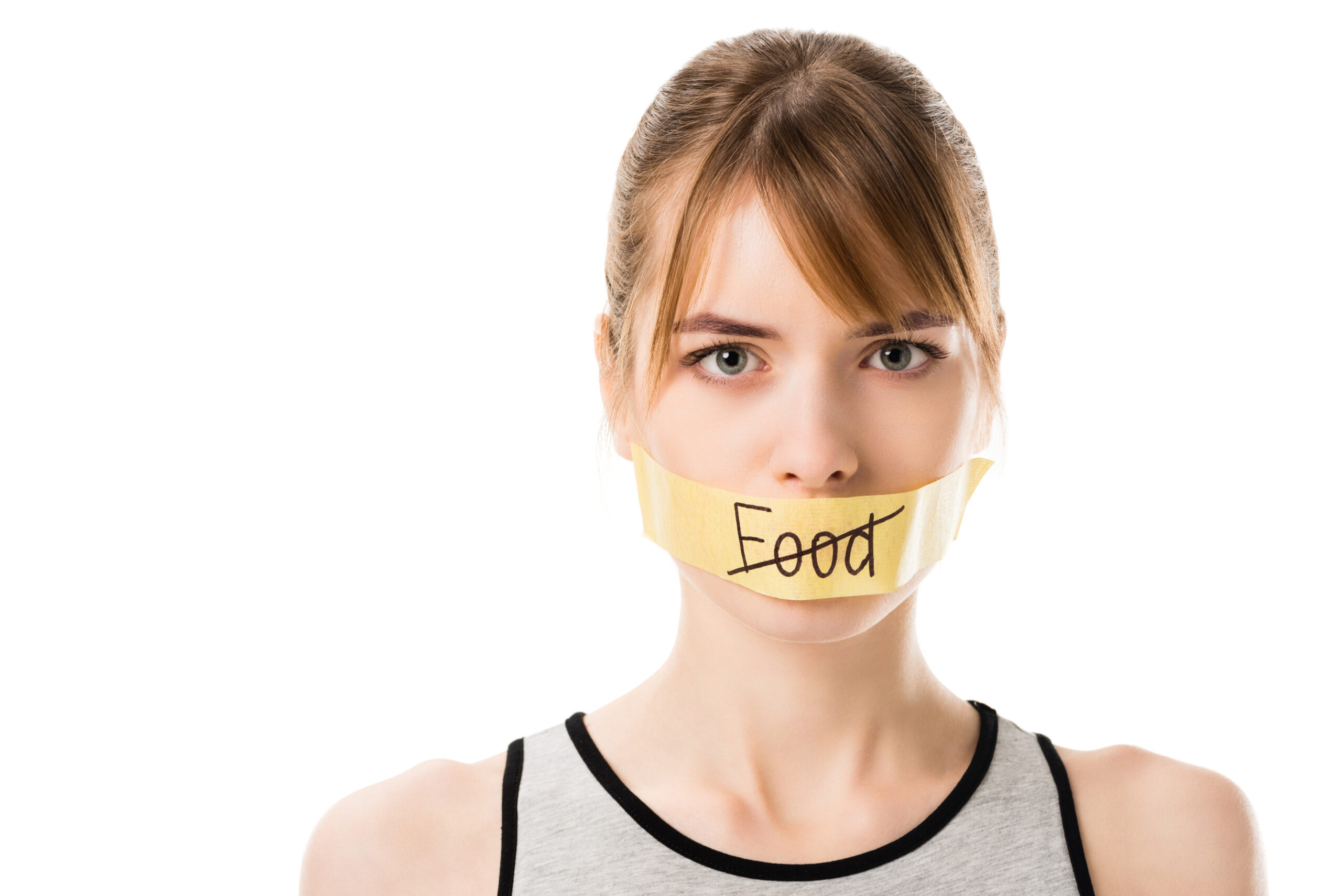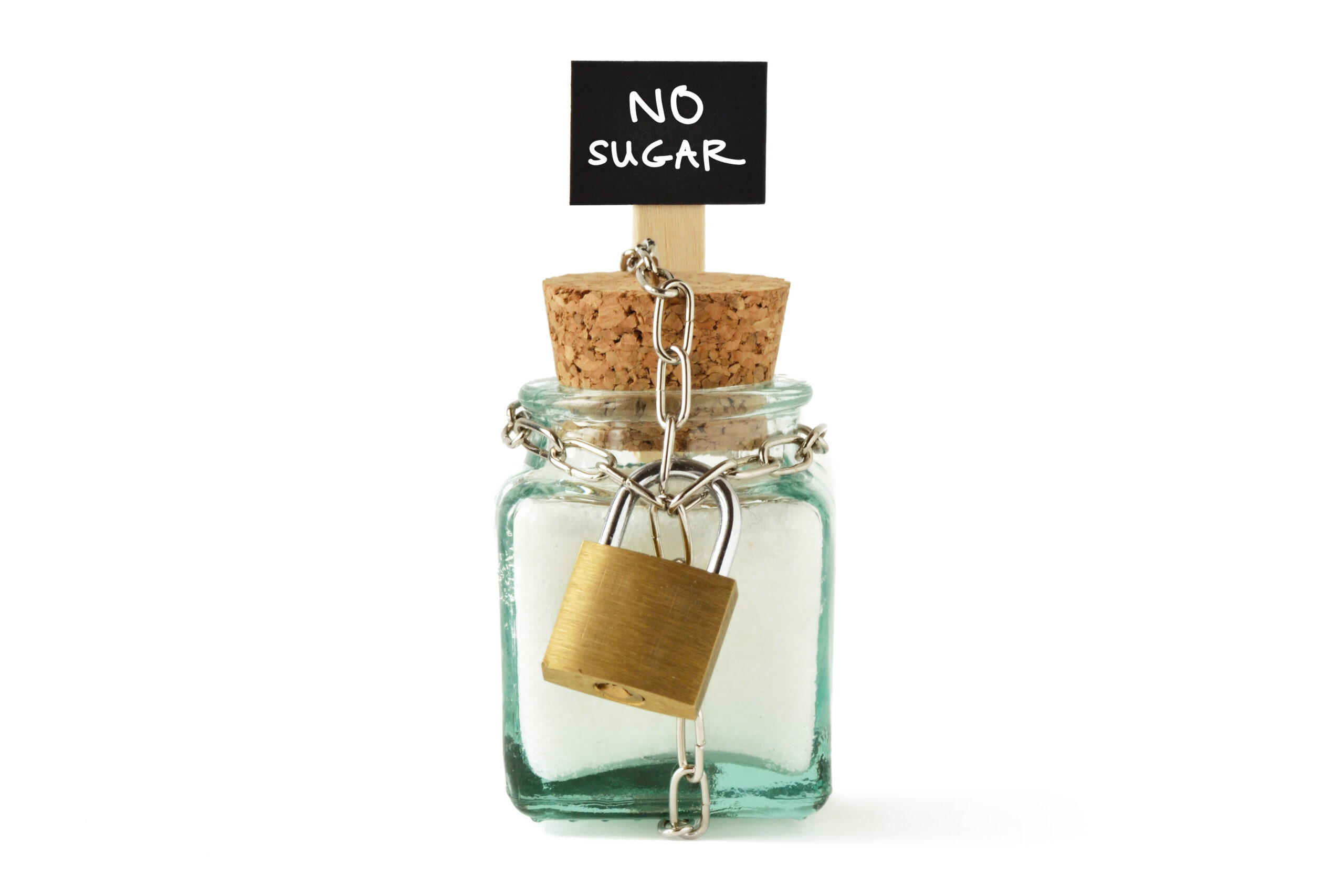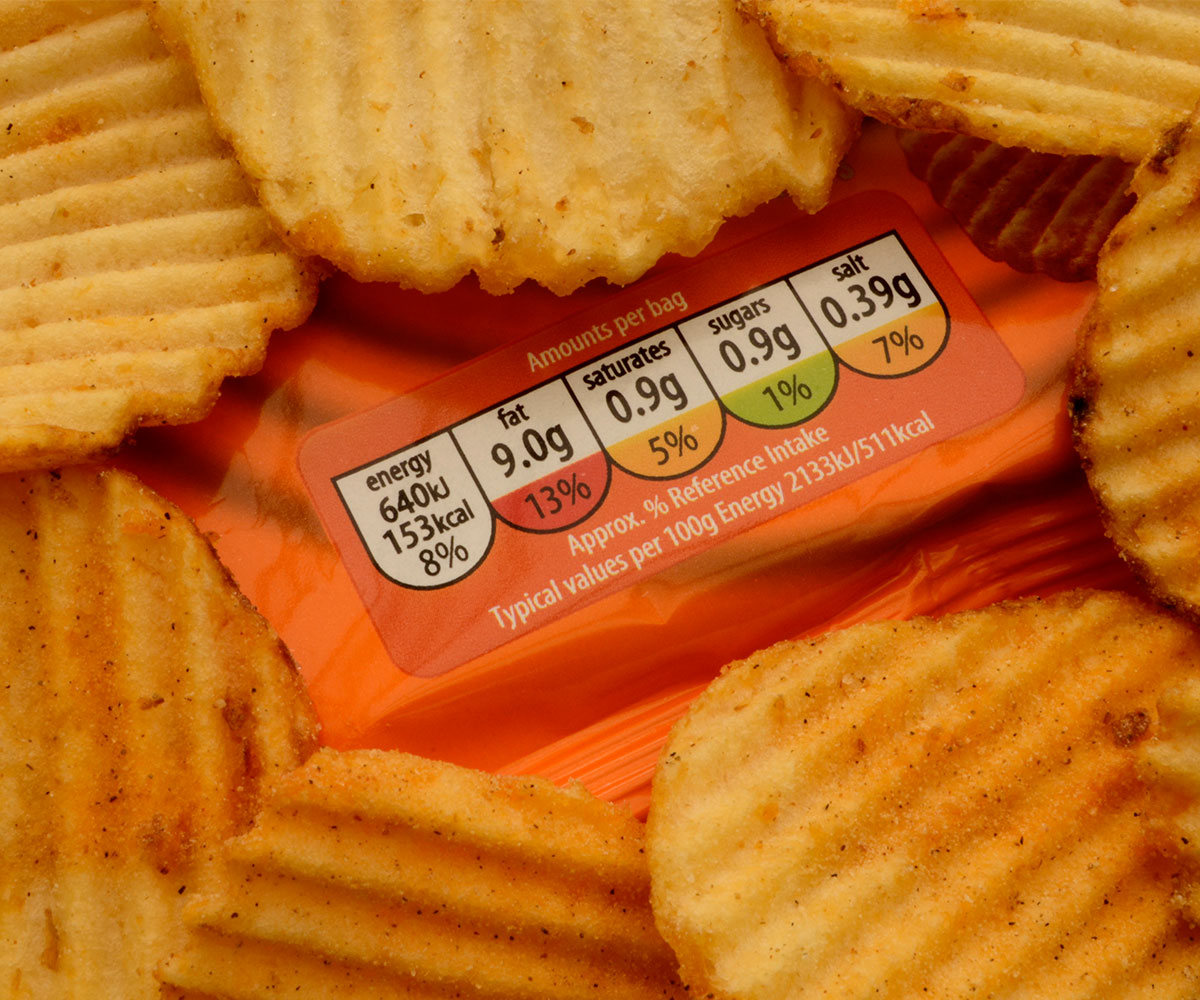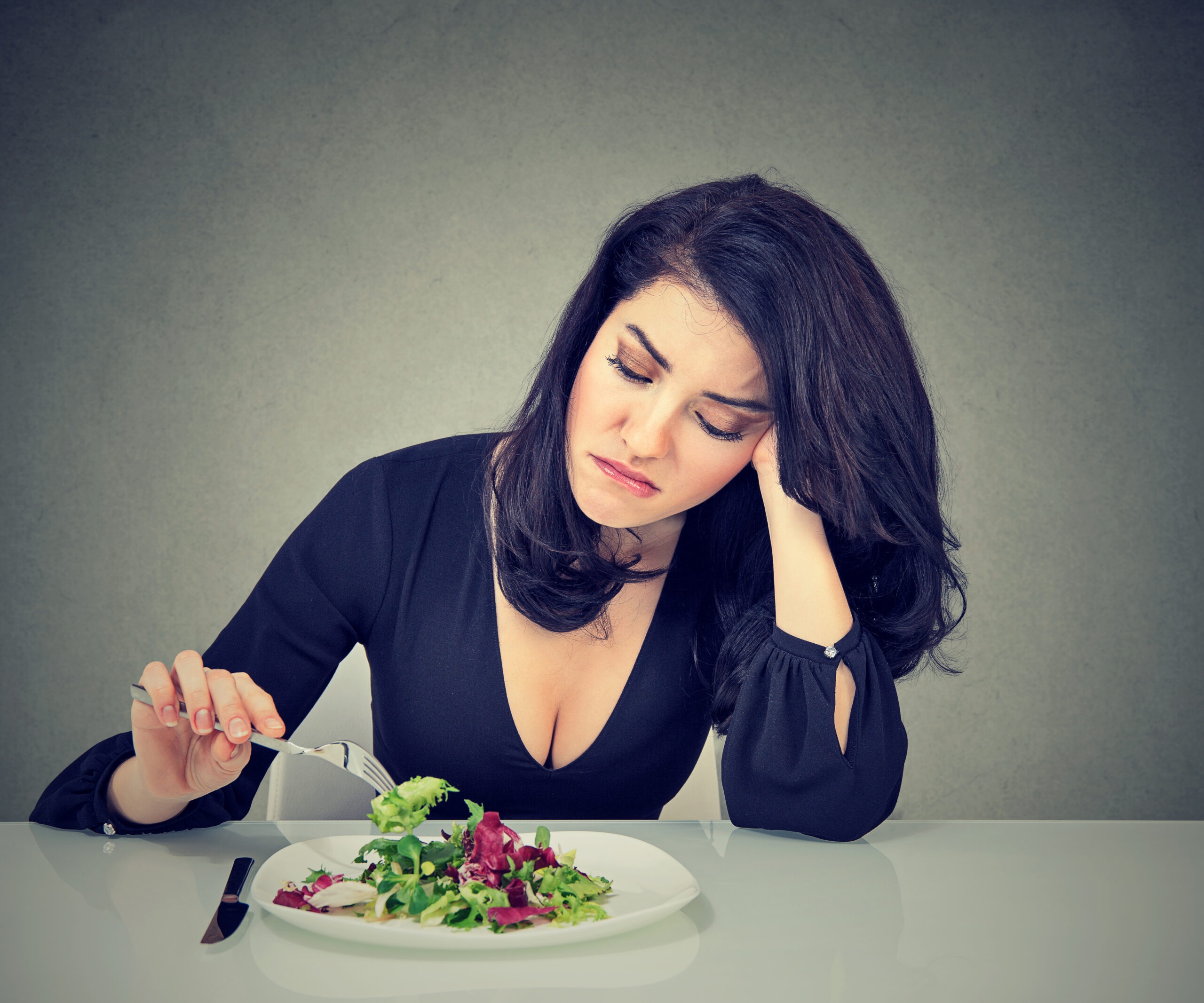Orthorexia, an eating disorder defined as an obsession with healthy eating, has slowly been growing in recognition over the last year.
It first rose to prominence after Jordan Younger, ‘The Blonde Vegan’, was diagnosed with it, and began speaking out about why she was no longer following a restrictive diet. With numerous other influencers following suit, denouncing their former ‘clean eating’ ways, the movement to acknowledge orthorexia grew in momentum.
However, nutrition specialists are still facing challenges in understanding the disorder, and many of those suffering continue to go undiagnosed because of the lack of awareness and understanding of the condition.
Currently, it’s not recognised by all GPs because it’s so difficult to diagnose. Renee McGregor is a clinical dietitian, and is part of a group of medical professionals attempting to create an instrument to diagnose orthorexia.
“It has been difficult to create a tool that has enough validity”, she tells me. “There are so many wellness trends that people can hide behind, so it’s difficult to decipher who’s completely sucked in by the trend and who has become obsessed, who actually follows certain eating rules because that’s what they believe works for them but are actually okay mentally.”
The group is therefore attempting to define the disorder in terms of symptoms, which is essential for GPs to be able to spot the condition in patients.
“Binge-eating, anorexia or bulimia, have clear symptoms like weight-loss, fear of weight-loss, vomiting three times a week for the last six months, for example – it’s very clear. What we’re working on now is collecting the information [on orthorexia], discussing what we see, what we observe and what we use at the moment.”

While Renee’s group is yet to outline definitive symptoms, she guesses they will be along the lines of excluding certain foods to the extent it is having an ill effect on a person’s health.
She sees clients who suffer with the disorder every day, but as she explains it to me, I can’t help but apply it to every diet ever. Could Atkins or Keto not be considered orthorexia, since they too encourage excluding certain food groups from your diet?
“To a certain degree you could put every single diet under the umbrella of orthorexia, the key thing to understand is, orthorexia is an obsession with being correct. [Those with it] will go on the hunt for specific ingredients, only go to certain outlets to buy what they need for their daily diet, and if they don’t they fear something awful is going to happen.
“For someone on Atkins they have an end, once they’ve lost weight they’ll probably go back to eating normally again. With orthorexia, it becomes obsessional to the point you can no longer have a normal relationship with food, you can’t socialise for example, because you’re so worried ‘will they serve organic eggs?’, it sounds silly but it’s that kind of obsession where they just can’t relax.”
Organic food is a popular example, what starts off as a pursuit of healthy eating, something you do to better yourself, can become so regimented and dictatorial that it takes over your entire life. And it’s the random wellness trends that trigger these breakdowns, cutting refined sugar is one particular one Renee has a major problem with.
“There’s so many bloggers and celebrities who bang on about refined sugar and sugar-free cakes, sugar is sugar, honey is the same as using white sugar and coconut sugar is the same as table sugar.
“Portraying that something is healthier because in your head it’s ‘refined sugar-free’, you’ve actually sold nonsense to somebody, and it makes me really angry. You’ve got so many celebrities that think they’re doing a great job producing these cakes that are virtuous when actually they’re not, they’re exactly the same as a real one.”

In fact, Renee says, there are no guidelines that have ever stated you should never eat sugar, and she stands firm that any information suggesting you remove a particular food group completely from your diet is not truly healthy. As we have been told again and again, it’s all about moderation and balance.
So why do we fail to listen to the age-old advice, ‘everything in moderation’? According to Renee, it’s the way we interpret the advice we’re given by others. For her clients, ‘what they’ve read is “we should reduce our sugar” and they’ve interpreted that as “I should never eat sugar”‘.
While many of us are guilty of this interpretation, those of sound mental health are able to rationalise that even if we think it’s not great for us, if it stops us from doing what we want, it doesn’t matter too much to eat it. Those who have orthorexia however, can’t make that distinction. It’s why Renee suggests we unfollow health bloggers online, or even come off social media altogether.
“How many times have you been on social media just to see what’s going on and you come off 20 minutes later feeling rubbish? I’ve done that and I’m rational and I can adjust and question, but if you’re someone that can’t then that’s your day set.
“I always say to my clients, remember it’s only a snapshot of their life, it’s not their real life. It’s the same with all of us. I ask ‘how many times do you take a picture of your breakfast’ – say it’s about 12. Well, why do you think this blogger isn’t taking a picture of their food 12 times to get it right? Or take a picture of their stomach 12 times to get it right?”
It’s that lack of authenticity that some bloggers are guilty of that not only triggers people with mental illness, but contributes to changing our entire perception of nutrition for the worse.
Only seeing someone’s healthiest meals, never their sneaky chocolate or Friday night pizza and wine, of course we’re going to assume that they always eat that way. And it wouldn’t necessarily matter, if we weren’t all so obsessed with the lives of social media influencers. It’s especially concerning for young people.
“When you’re young, you’re optimistic about so many things and want a certain life, if you can follow a celebrity who has that life then you will because you to know how they got there and what they’re doing.”
However, it’s not just young people who follow those they aspire to live like. We are all guilty of wishing our lives were as perfect as that Instagram model who seems to constantly be in the Maldives (an ironic holiday destination, considering the Maldives are nowhere near as idyllic as they seem on Instagram). It’s our responsibility, therefore, to ensure we are as authentic as possible on social media, even if we don’t have a large following.
The more we emulate our real selves on social media, the less pressure there is on our social circles to only present their best life. We might not always want to post our ugliest selfie, but when you consider the number of people with mental health issues who could possibly be triggered by your healthy breakfast on a Sunday morning, it seems more worthwhile to post authentic content than something that will only contribute to another person’s deteriorating mental health.
And if you’re not ready to start posting your normal self online, it’s at least worthwhile to consider how imperfect everyone else’s lives really are. Renee encourages everyone to question the validity of any of the advice or healthy eating posts by bloggers online, just as she encourages us to question any intrusive thought that could be damaging our mental health without us even realising.
Getting sucked into a wellness trend, to the point of damaging your mental health, is easier than most realise, however just acknowledging the false nature of these accounts, and the invasive nature of these thoughts, will help combat the slippery slope that is orthorexia.
This article originally appeared on Grazia


